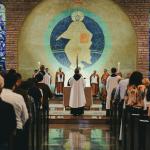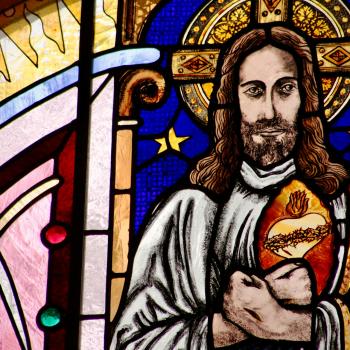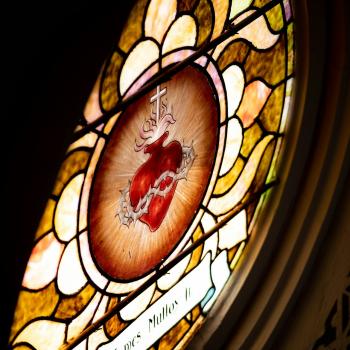“Fathers are not born, but made. A man does not become a father simply by bringing a child into the world, but taking up the responsibility to care for that child, “ writes Pope Francis in Padris Corde. This gets at the heart of our four-part series. In part four, we’ll explore what it means to be a father in the shadows.
A Father to Others
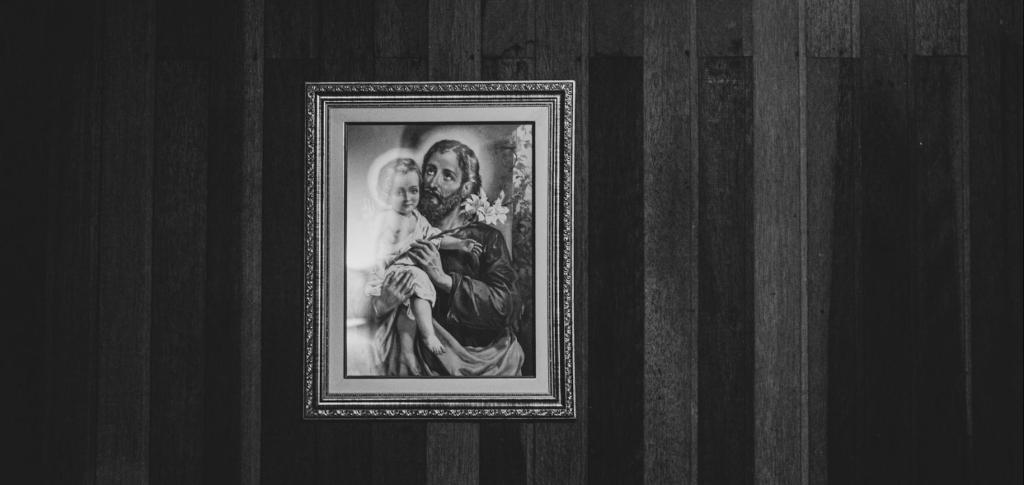
When I was in the seminary, I had brief impressions of what being a father felt like. One experience was during my pastoral year at a parish while teaching sixth grade religion. During my first week, I was asked to watch over the sixth graders during recess. Two boys playing football ran into each other, one getting a bloody nose. I ended up taking him to the school nurse. As we walked, I held his hand while he kept a towel on his nose to stop the bleeding. I told him to go to the bathroom to wash his face before heading into the office.
As I waited, I felt this sense of home, feeling as if I were a father figure. This reminds me of what Pope Francis means in Padris Corde, “Whenever a man accepts responsibility for the life of another, in some way he becomes a father to that person.” It was God’s providence that planted a seed for me to be a father as I discerned not to continue with religious formation and instead get married and start a family.
A Chaste Love
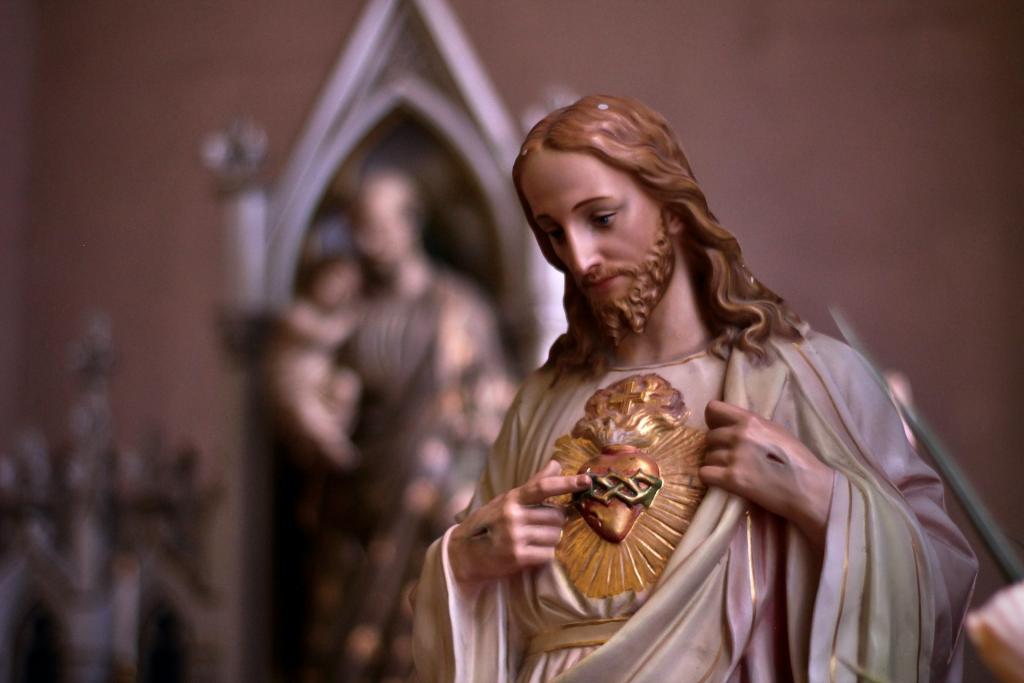
Religious formation, particularly the vow of chastity, taught me how to order my love towards others. This love is sacrificial and is not possessive. Pope Francis notes in Padris Corde that chastity is “freedom from possessiveness in every sphere of one’s life.” He goes on to say it is fitting for St. Joseph to be honored as a most chaste spouse, an acknowledgement of his attitude. God loves humanity with a chaste love, giving us freedom to love and even go astray. St. Joseph embodied this chaste love and knew how to love with extraordinary freedom. He always focused on Jesus and Mary.
St. Joseph was a man of silence, who spoke little and whose actions spoke more loudly. Despite this silence, this silent love was a concrete expression of trust. He understood his role as being the earthly father for Jesus and never tried to live Jesus’ life for him or prevent Jesus from experiencing the world. Pope Francis notes, “Every child is a bearer of a unique mystery that can only be brought to light with the help of a father who respects that child’s freedom.”
Passing on the Faith
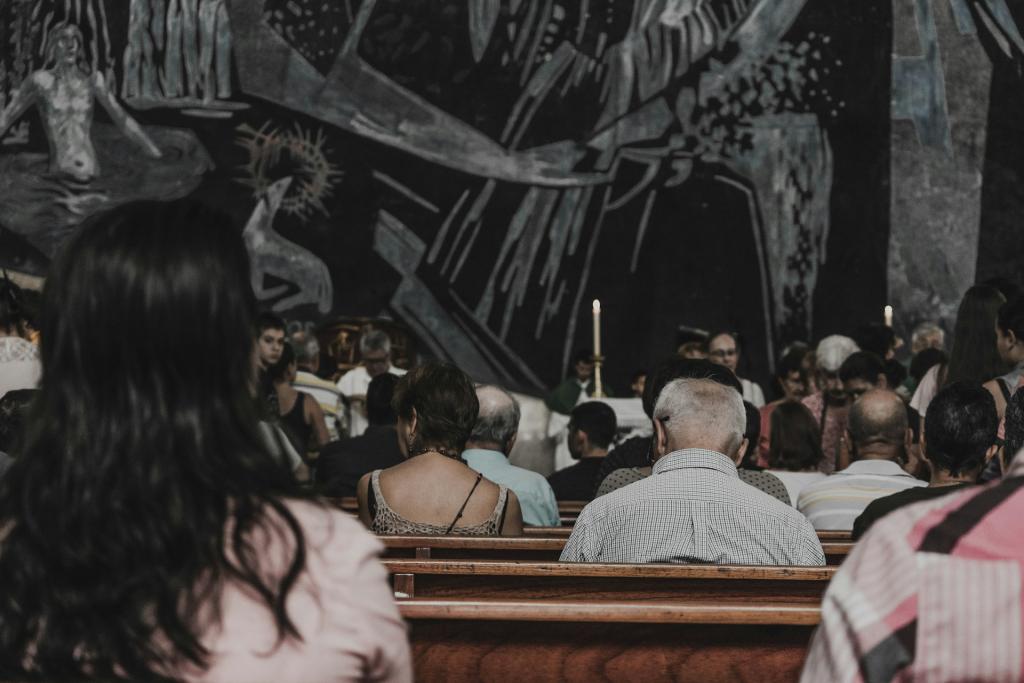
One fear that I commonly hear from friends who are Catholic parents is the fear of raising their children in a world wrought by violence, corruption, death, sadness, etc. Some turned to home schooling as an antidote, shielding their children from these experiences they might experience if they attended school publicly. This made me think of a quote from Scott Hahn in his book The First Society: The Sacrament of Matrimony and the Restoration of the Social Order:
“In our role as parents, we are not charged with handing down an entire world or society or culture to our children, but simply the faith. So let us begin by focusing on what is close and dear to us. We can’t control the national or civilizational culture our children will inherit, but we can do everything in our power to ensure that our children will inherit the true faith. We can’t control the nature of the society our children will have to contend with, but we can influence the nature of the Catholic children our society will have to contend with,” (pg. 14).
This puts into perspective what our roles as fathers are. While we are tempted to shield our children from the chaos and unpredictability of the world, we have to trust they will go into it with a good head on their shoulders if we ground them in the faith.
Our fatherhood, if modeled faithfully and consistently, should point to God our Heavenly Father. Pope Francis highlights this in Padris Corde, “In every exercise of our fatherhood, we should always keep in mind that it has nothing to do with possession, but is rather a “sign” pointing to a greater fatherhood. In a way, we are all like Joseph: a shadow of the heavenly Father…and a shadow that follows his Son.” This is what it means to be a father in the shadows.



